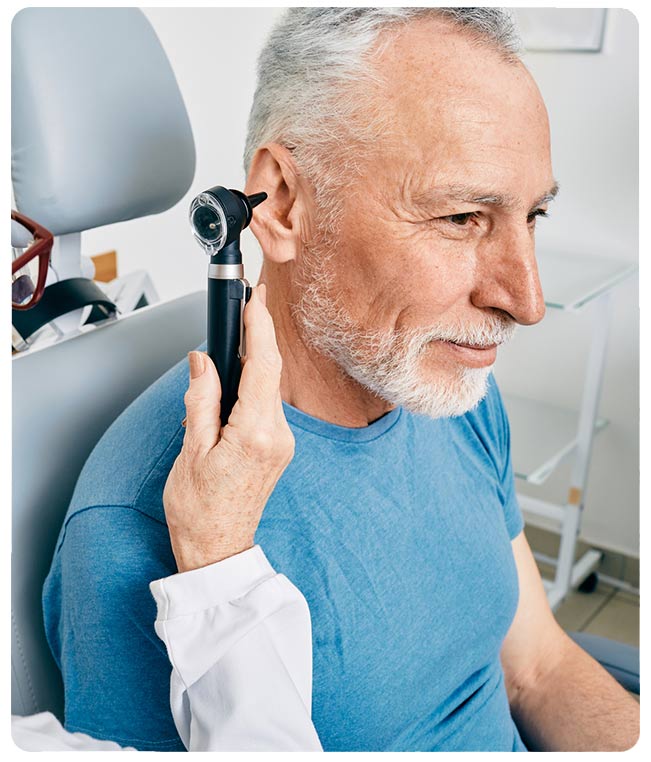Another word for abrupt sensorineural hearing loss is sudden deafness (SSHL).
It occurs when your hearing abruptly fails, generally just in one ear.
It could occur all at once or over the course of many days.
The sound eventually gets weak or muted throughout this period.
Damage to the inner ear or the nerve that links the inner ear to the brain can result in sensorineural hearing loss, a kind of hearing loss.
This kind of hearing loss can make it difficult for a person to detect faint noises or tell apart similar-sounding phrases.
In loud settings, it can also make it challenging to interpret speech.
In addition to age and certain medical disorders, loud noise exposure can also cause sensorineural hearing loss.


